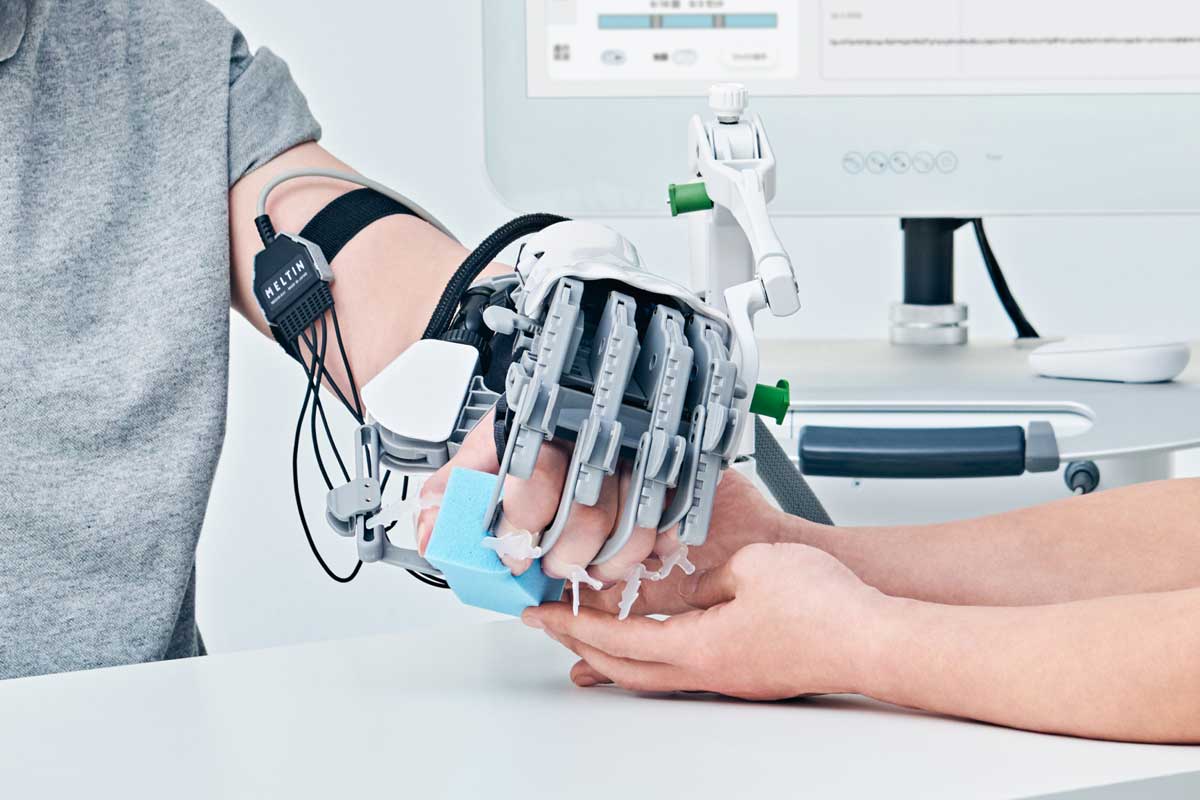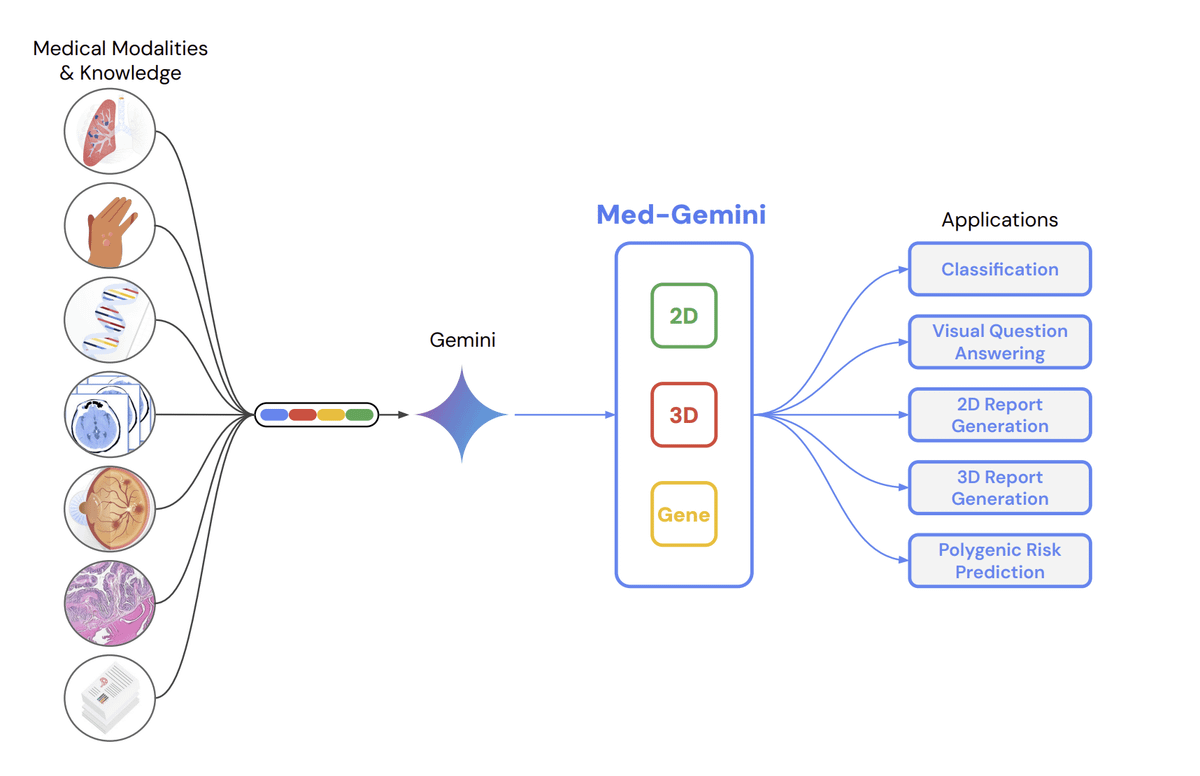A glimmer of hope shines for stroke survivors as Meltin MMI Co., a Japanese tech company, unveils its revolutionary robotic device, “MELTz.” This next-generation marvel redefines rehabilitation by harnessing the power of AI, robotics, biosignals, and the latest advancements in brain science to offer a novel form of treatment called “neurorehabilitation.”
For millions grappling with the debilitating effects of stroke, paralysis can be a daunting reality. Traditional rehabilitation methods, while crucial, often reach a plateau, leaving patients yearning for greater recovery. MELTz steps in as a game-changer, offering a personalized and data-driven approach that unlocks the brain’s untapped potential for healing.
How MELTz Works: A Symphony of Technology and Neuroscience
Imagine a robotic exoskeleton gently guiding your paralyzed limbs, seamlessly interpreting your brain signals and translating them into precise movements. That’s the magic of MELTz.
- Biosignal Reading: MELTz is equipped with sophisticated sensors that capture brainwaves and muscle activity in real-time. This data becomes the blueprint for personalized rehabilitation programs.
- AI-Powered Assistance: The device’s AI engine analyzes the biosignals and predicts movement intentions, providing just the right amount of assistance to facilitate natural movement patterns.
- Robotic Support: MELTz’s robotic arms and legs move in sync with the user’s brain signals, offering gentle support and resistance to retrain weakened muscles and rebuild neural connections.
Beyond Movement: Rekindling Independence and Quality of Life
MELTz’s impact goes far beyond regaining physical abilities. The device fosters neuroplasticity, the brain’s remarkable ability to adapt and reorganize itself. This translates to:
- Improved motor function: Studies have shown significant improvements in muscle strength, coordination, and range of motion in MELTz users.
- Enhanced cognitive abilities: The device can stimulate cognitive areas of the brain, potentially leading to improvements in memory, attention, and language skills.
- Boosted emotional well-being: Regaining control over movement can significantly reduce depression and anxiety, fostering a sense of hope and empowerment.
The Future of Neurorehabilitation: A World of Possibilities
MELTz represents a giant leap forward in the field of neurorehabilitation. Its potential extends beyond stroke, offering hope for individuals suffering from spinal cord injuries, brain tumors, and other neurological conditions.
With continued research and development, MELTz could evolve into an even more versatile tool, incorporating virtual reality for immersive training experiences and advanced AI algorithms for personalized treatment optimization. The future of rehabilitation is brimming with possibilities, and MELTz stands as a beacon of hope, paving the way for a world where even the most challenging recoveries are within reach.






Leave A Comment